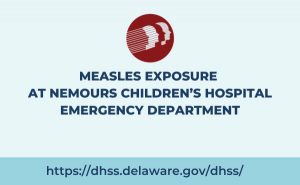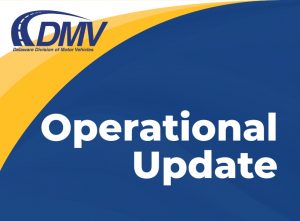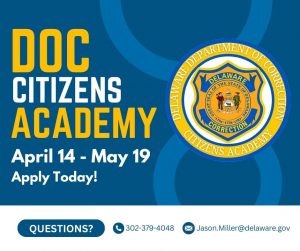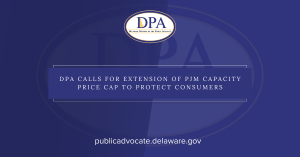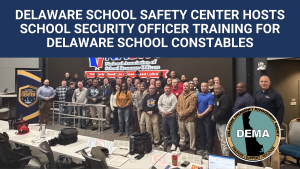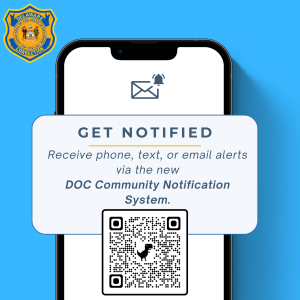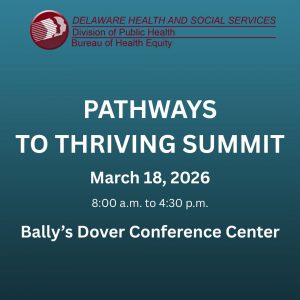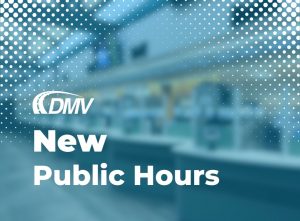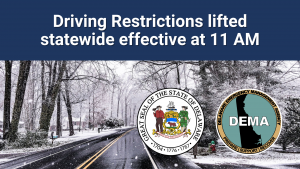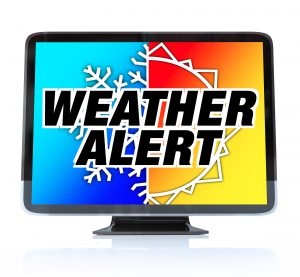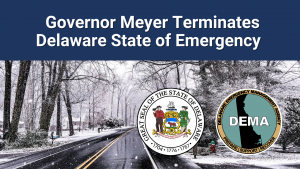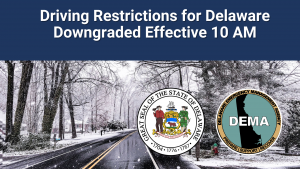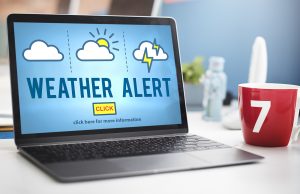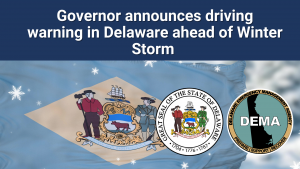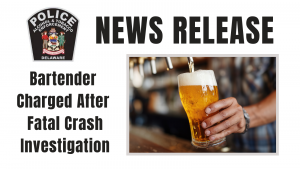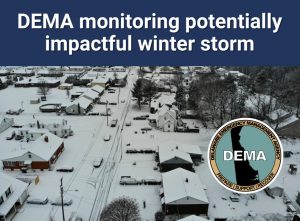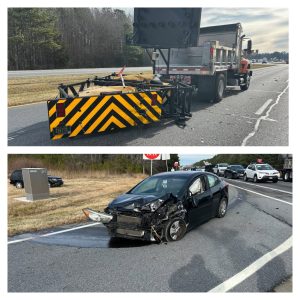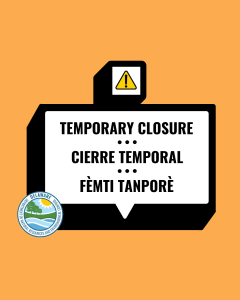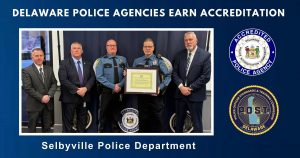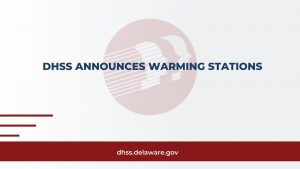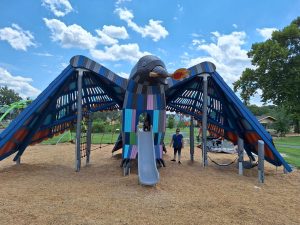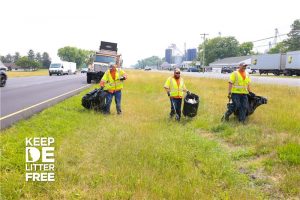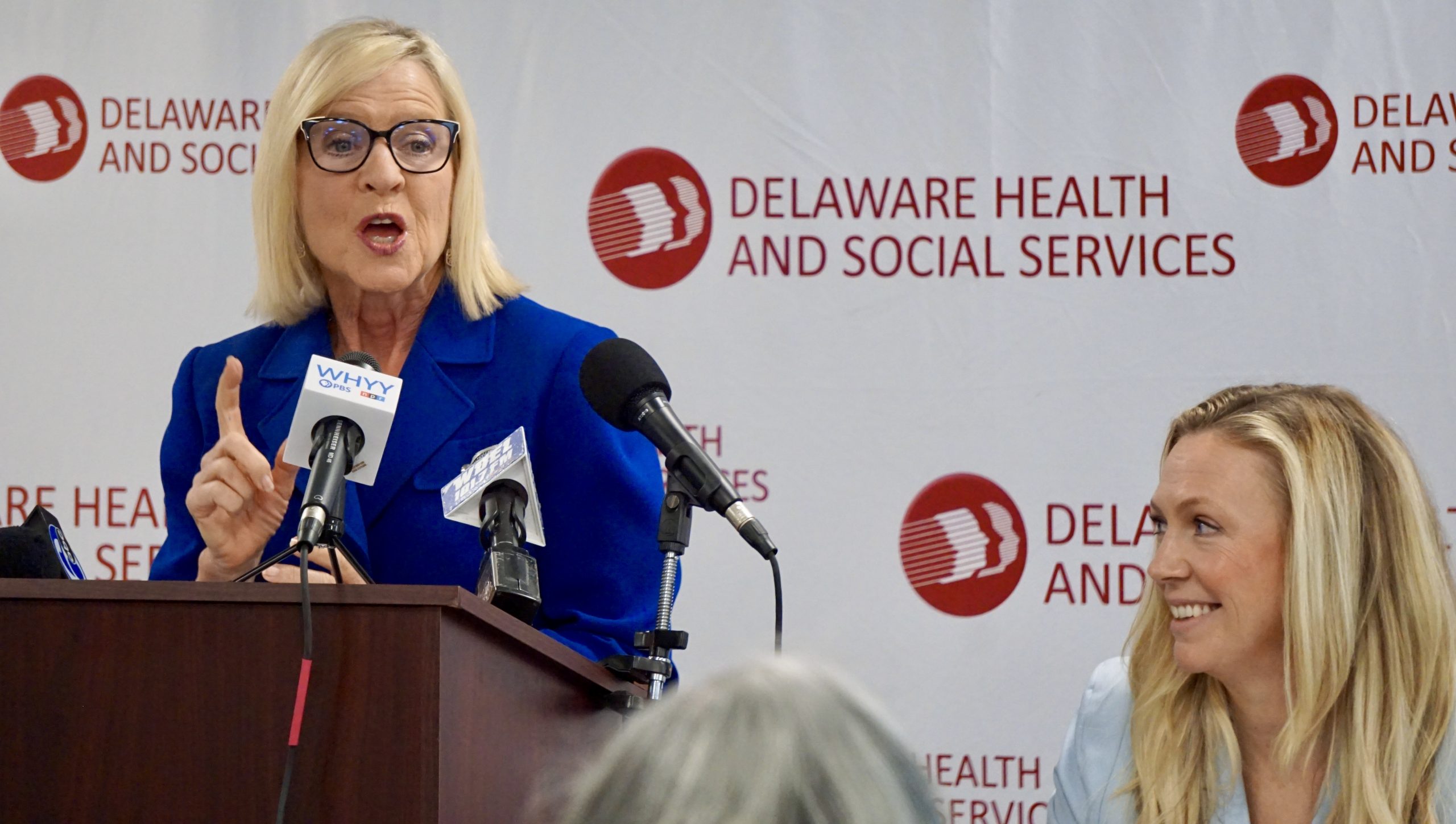
NEW CASTLE (April 22, 2024) – Lieutenant Governor Bethany Hall-Long and leaders from the Department of Health and Social Services (DHSS), along with partner community agencies, led a community response briefing on Monday to provide the latest outcome data and other information regarding the State’s efforts to support individuals struggling with substance use disorder in Delaware.
Organized by DHSS’ Division of Substance Abuse and Mental Health (DSAMH), these quarterly briefings aim to inform the public about the State’s ongoing work to reduce overdoses and respond to the opioid epidemic.
The event was opened by Delaware Lt. Governor Bethany Hall-Long, who highlighted her commitment to supporting people in Delaware struggling with substance use disorder and the providers who are the helpers in Delaware.
“As a public health nurse, I’m optimistic our efforts are having an impact on the opioid crisis here in Delaware. But the fact still remains that we have lost far too many Delawareans.” said Lt. Gov. Hall-Long, PhD, RN, research scientist and Chair of the Delaware Behavioral Health Consortium. “We’ve thrown the kitchen sink at this issue – and we are not stopping anytime soon. It has taken an all-hands-on-deck approach to get this far. As we continue forward, I want to thank the many grassroots advocates, nonprofits, state and local government agencies, our General Assembly, and especially, family members, for leaning in and collaborating on how to provide the best treatment, prevention, and recovery models for Delawareans.”
DSAMH Director Joanna Champney followed the Lt. Governor and provided information on her office’s efforts to combat overdose fatalities and the harmful impacts of substance use disorder in the community.
“We will not rest until drug poisoning and overdose deaths in our state are at zero, but we are grateful for the efforts of all of our partners to continue flattening the curve,” said Director Champney. “We will continue to focus on our strategies of reducing the negative stigma of addiction, screening individuals for opioid use disorder, offering information to healthcare providers about how to use medication to treat opioid use disorder, blanketing the state with the overdose reversal medication, targeting efforts to reach specific consumer groups, and focusing on Delaware’s addiction treatment infrastructure.”
John Evans, Director of the Division of Forensic Science, spoke about the variety of substances leading to overdose fatalities and broke down some data that demonstrated usage in the state.
Caroline Judd, MPH, Substance Use Disorder Epidemiologist with the Division of Public Health, shared data from the State Unintentional Drug Overdose Reporting System (SUDORS) as well as other key data points related to non-fatal overdose. The links below will provide access to the full sets of data provided by Caroline Judd during the press briefing:
State Unintentional Drug Overdose Deaths, Delaware, 2018 to 2022 (arcgis.com)
Non-Fatal Emergency Visits, Delaware, 2019 to 2024 (arcgis.com)
Kim Blanch, BSN, RN, Director of Community Outreach at Beebe Healthcare, and Arlene Wood, LPCHM, LCPC, NCC, Beebe Healthcare Behavioral Health Grant Director, provided detailed insight from the provider perspective of their community work. Beebe Healthcare also brought their mobile outreach vehicle and provided tours for the public in attendance to see how they perform their work in the community.
Dr. Robert Rosenbaum, M.D., FACEP, FAEMS/State Medical Director for Emergency Medical Services and Preparedness at the Division of Public Health, spoke about the use of Buprenorphine by EMS response teams as a way to save lives and serve the public.
To help address behavioral health needs of Delawareans, DHSS has several ways for individuals or their family members to connect:
- Call the 24/7 Delaware Hope Line at 1-833-9-HOPEDE or 1-833-946-7333 – a single point of contact in which callers can connect to a variety of resources and information, including support from clinicians and peer specialists plus crisis assistance.
- Stop by one of DHSS’ Bridge Clinics for an in-person assessment.
- Visit TreatmentConnection.com to find out which treatment providers are located near you.
- Visit HelpIsHereDE.com, DHSS’ one-stop website where Delawareans can search for treatment services and resources in Delaware or nearby states.
- Call 988 if the individual is in crisis and needs immediate support.
- Call 911 if someone has overdosed and needs emergency medical attention.
- Learn where to find Narcan training, get the medication through the mail, and download the OpiRescueDE App here.


